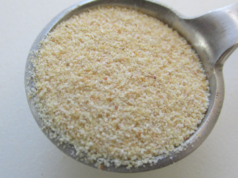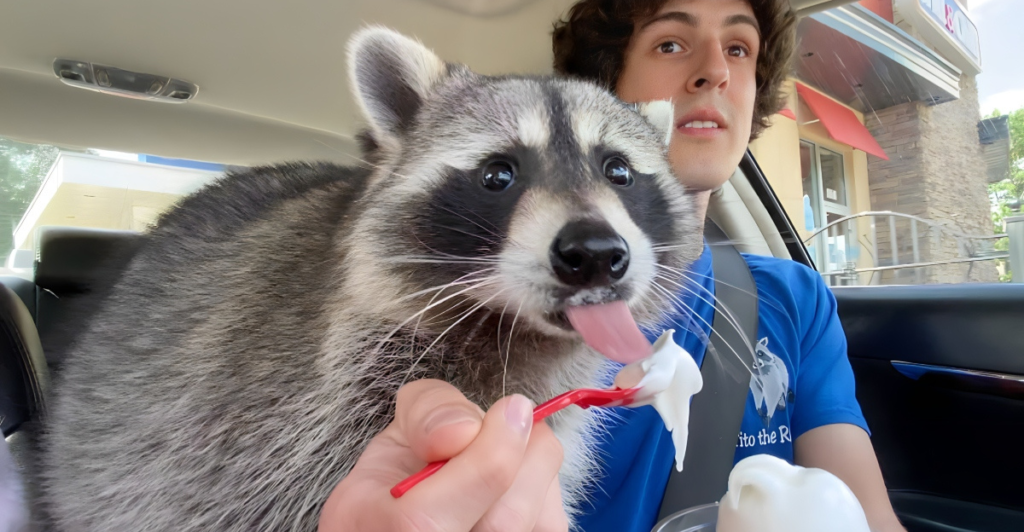
Playful, intelligent, and undeniably cute—raccoons might seem like the perfect unconventional pet. But behind their mischievous charm lies a wild nature that makes them incredibly difficult to care for. From their destructive tendencies to their legal restrictions, owning a pet raccoon comes with major challenges. Before falling for their adorable antics, here are ten reasons why keeping a raccoon as a pet is a terrible idea.
1. Destructive Behaviors
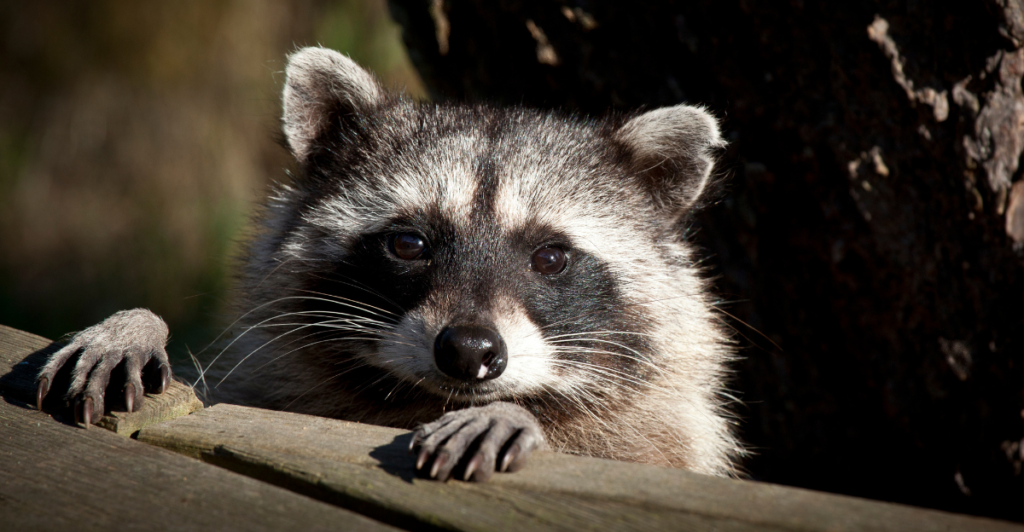
Raccoons are naturally curious and will tear apart anything they can get their paws on. They shred furniture, dig through cabinets, and chew on wires, creating safety hazards. Their intelligence makes them skilled escape artists, able to open latches and doors. Keeping one indoors means constantly repairing the chaos they leave behind.
2. Legal Complications
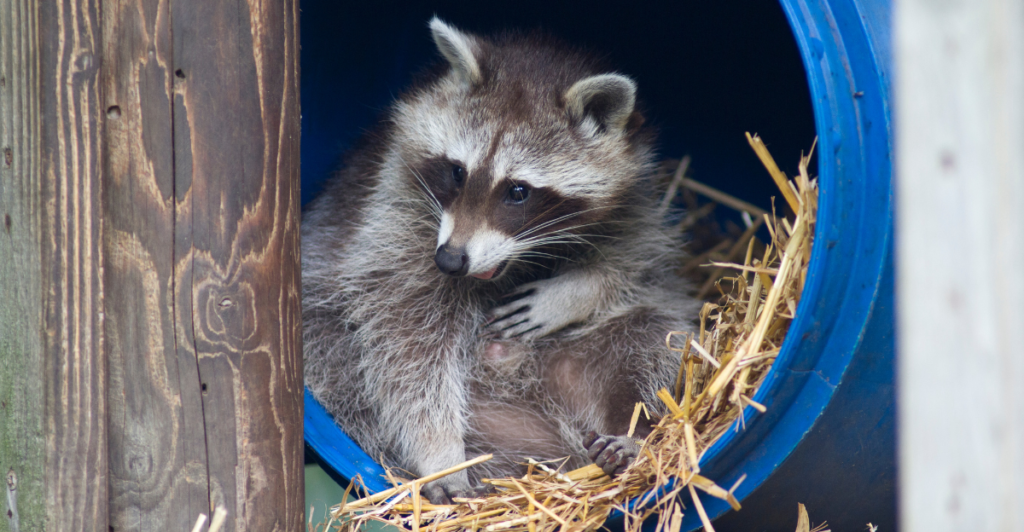
Owning a raccoon is illegal or restricted in states like Alabama, Alaska, and Arizona, requiring special permits. Even with permission, authorities can confiscate pet raccoons if laws change. In some cases, illegally owned raccoons are euthanized. Getting caught with one can also lead to fines, legal trouble, and a heartbreaking outcome for the animal.
3. Disease Transmission
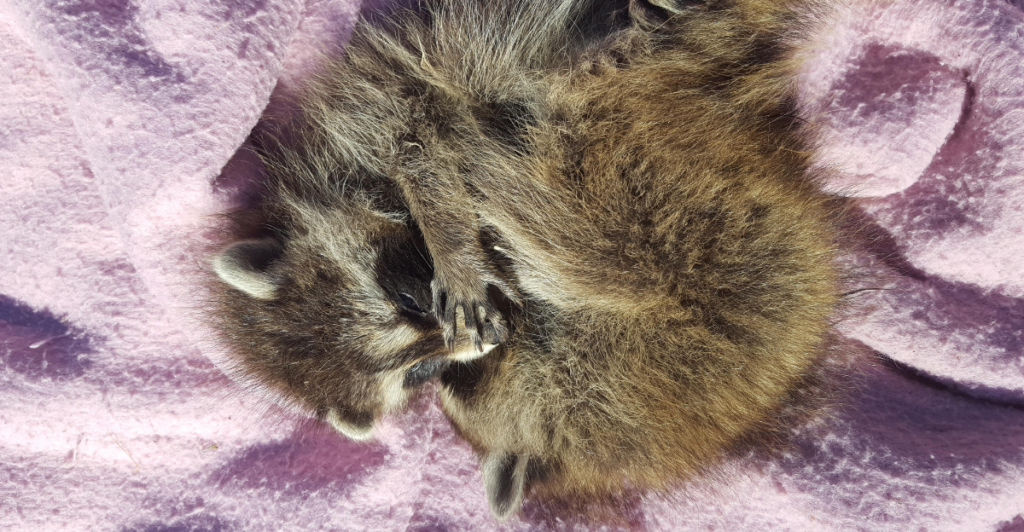
Raccoons carry dangerous diseases like rabies, leptospirosis, and roundworms, posing a serious health risk to humans and other pets. Even a raccoon that looks healthy can be a carrier. Their sharp teeth and claws also make bites and scratches a real concern, adding to the dangers of keeping one as a pet.
4. They Don’t Bond Like Pets
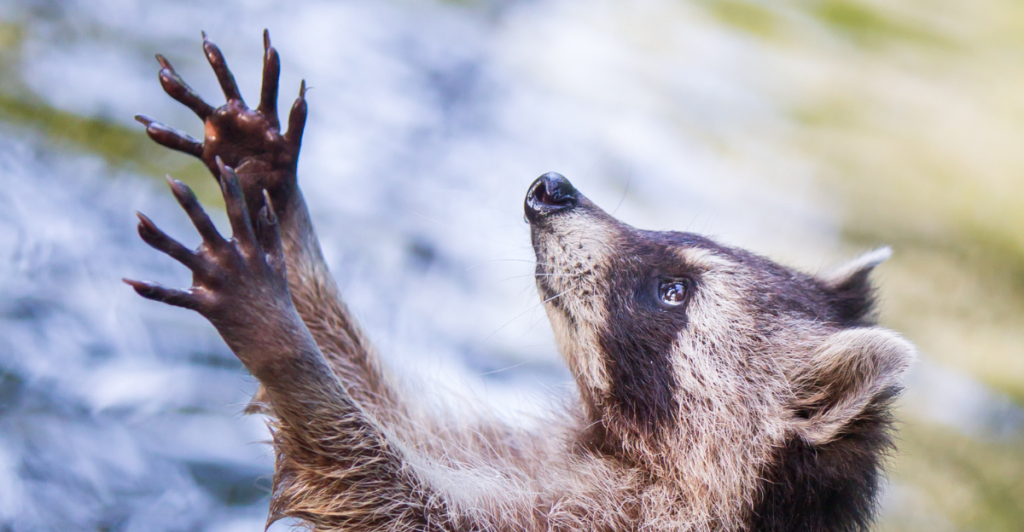
Unlike dogs or cats, raccoons don’t form strong, lasting bonds with humans. They might tolerate their owners as babies, but they become territorial and aggressive as they mature. Many raccoon owners find their once-friendly pet suddenly unmanageable, leading to regret—and sometimes surrendering the animal.
5. Difficult Dietary Needs
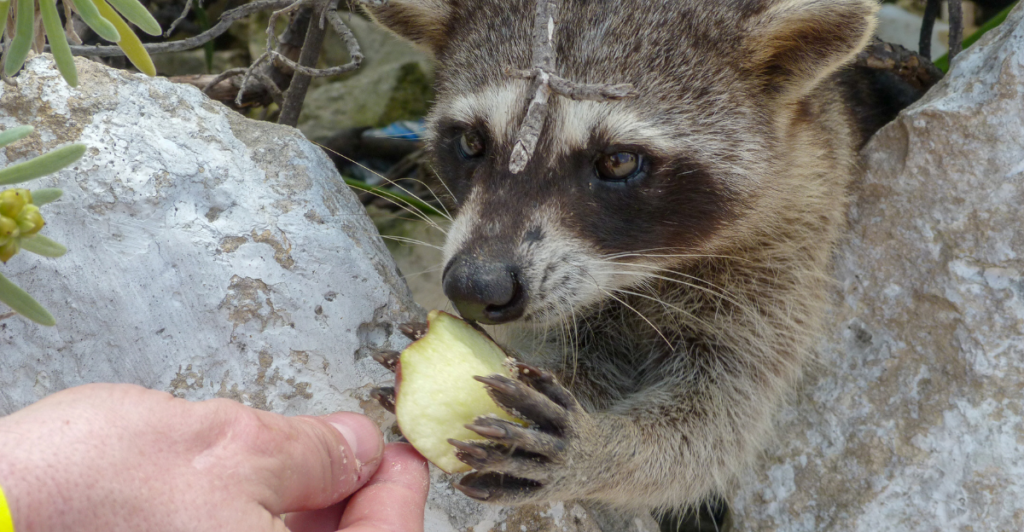
A raccoon’s diet is complicated, requiring a mix of fruits, vegetables, proteins, and even insects to stay healthy. Feeding them improperly can cause malnutrition or obesity. Their scavenger nature also means they’ll steal food from your kitchen, rummage through trash cans, and make a mess wherever they go.
6. Bite and Liability Risks
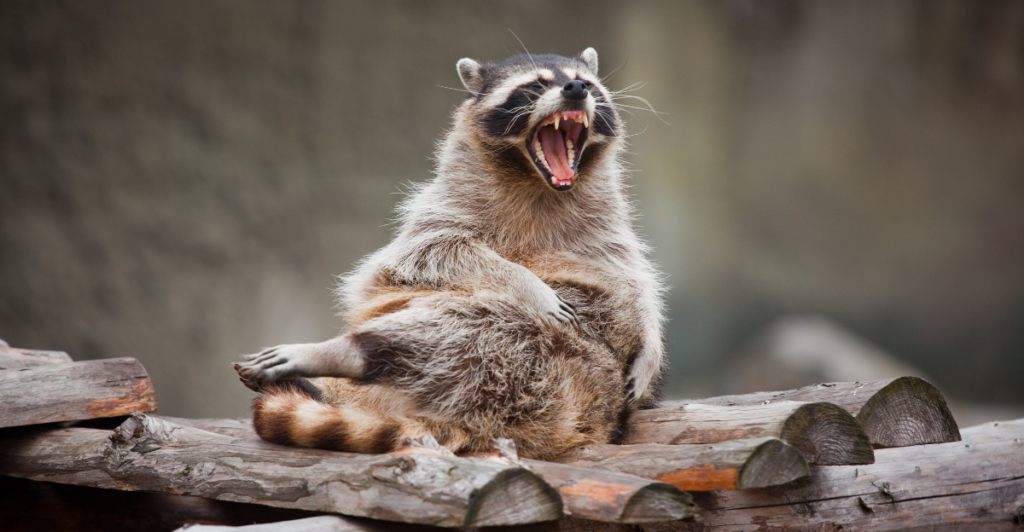
A raccoon bite isn’t just painful—it can lead to serious medical and legal issues. Many insurance companies won’t cover exotic pets, leaving owners financially responsible for injuries. If your raccoon bites someone, it may be confiscated and euthanized. The risk of aggression makes raccoons a dangerous choice for a pet.
7. Finding a Vet May Be Challenging
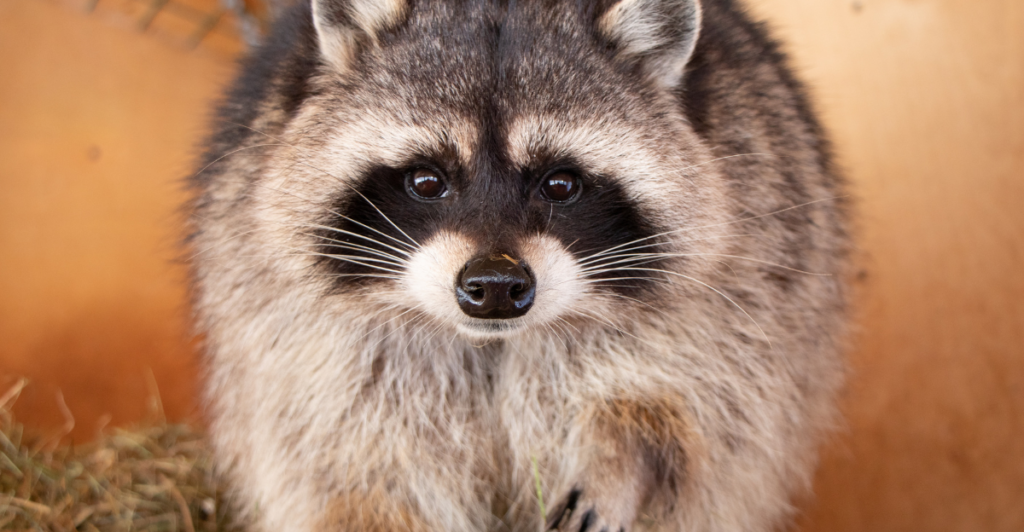
Most veterinarians refuse to treat raccoons, considering them wild animals. Even in places where owning one is legal, finding proper medical care is difficult. If your pet raccoon gets sick or injured, you may have no choice but to watch it suffer—or pay exorbitant costs for specialized care.
8. Sudden Personality Changes

That adorable baby raccoon won’t stay cuddly for long. Around six months of age, raccoons undergo rapid behavioral shifts, becoming more aggressive and unpredictable. This change catches many owners off guard, leaving them with an unruly pet they can no longer handle.
9. It’s Not Fair to the raccoon
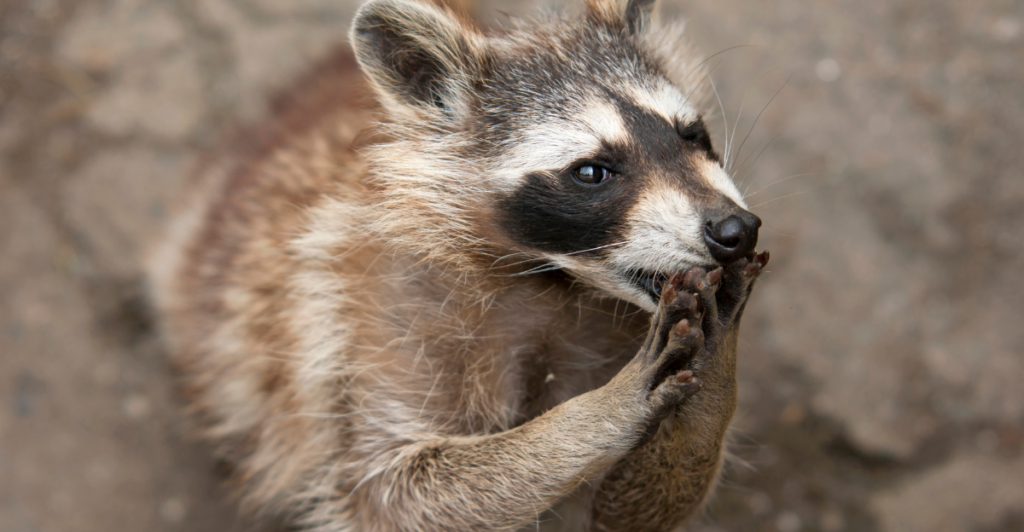
Raccoons are meant to live in the wild, where they can climb, forage, and roam freely. Captivity often leads to stress, boredom, and health issues. Many owners eventually realize they can’t provide a proper environment, forcing them to surrender or release their pet—neither of which guarantees the raccoon’s well-being.
10. Wild Instincts Can’t Be Tamed
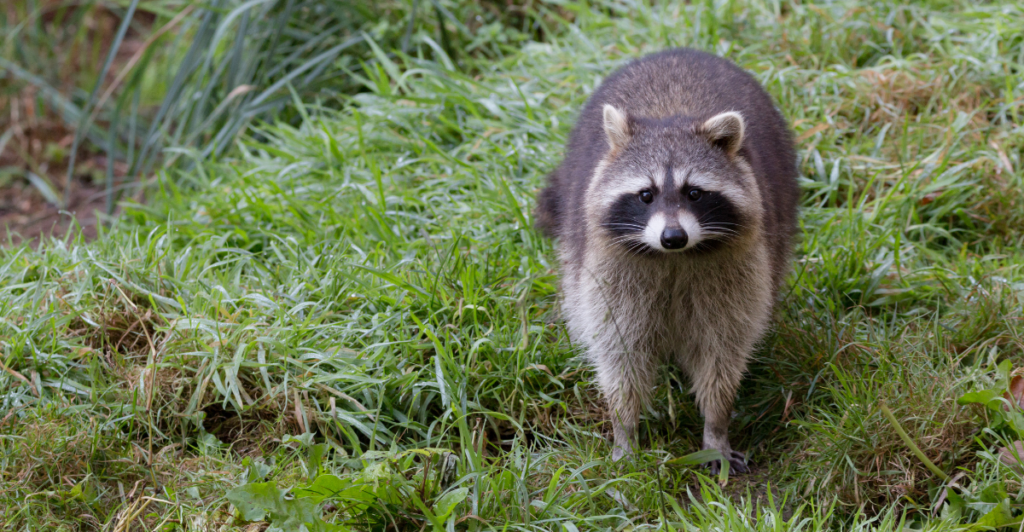
No matter how affectionate a raccoon seems, it will always be a wild animal. They climb, chew, dig, and mark territory, making them a challenge to control. Unlike domesticated pets, they don’t respond well to training, and their natural instincts always resurface—usually in ways that make them unfit for home life.
Discover more of our trending stories and follow us to keep them appearing in your feed

Wolves Still Roam In These States in 2024—Is Yours On The List?
How Mountain Lions Are Actively Choosing to Coexist and Adapt to Human Activity
Scientists Are Bringing Back The Wooly Mammoth
Climate Change Overestimated? New Data Shows Oceans Are Cooling The Planet Faster Than Predicted
References:
Reference 1
Reference 2
Reference 3
This article first appeared here
Stay connected with us for more stories like this! Follow us to get the latest updates or hit the Follow button at the top of this article, and let us know what you think by leaving your feedback below. We’d love to hear from you!




